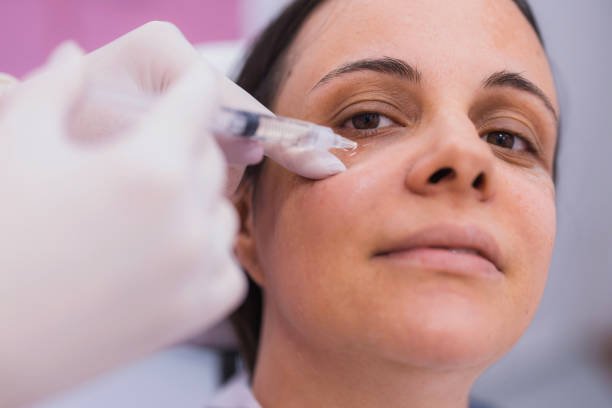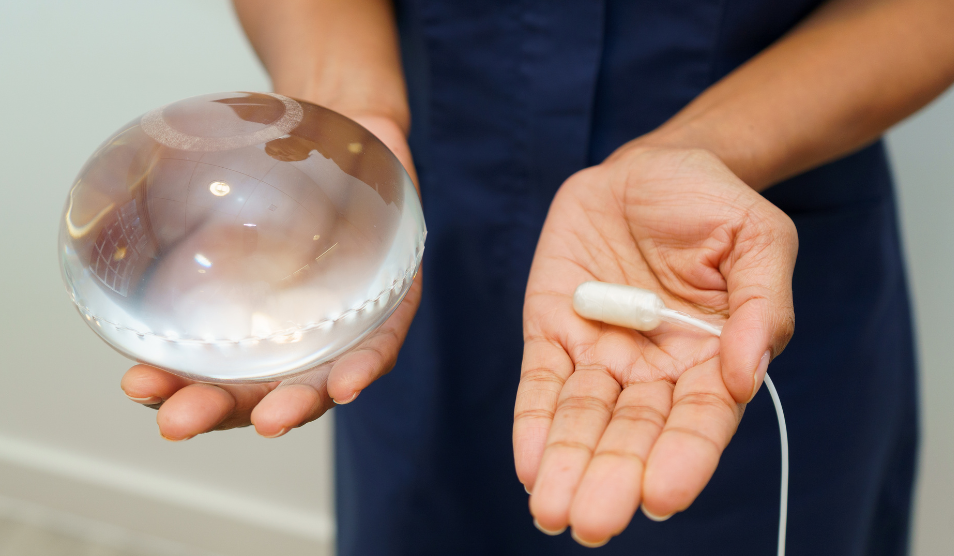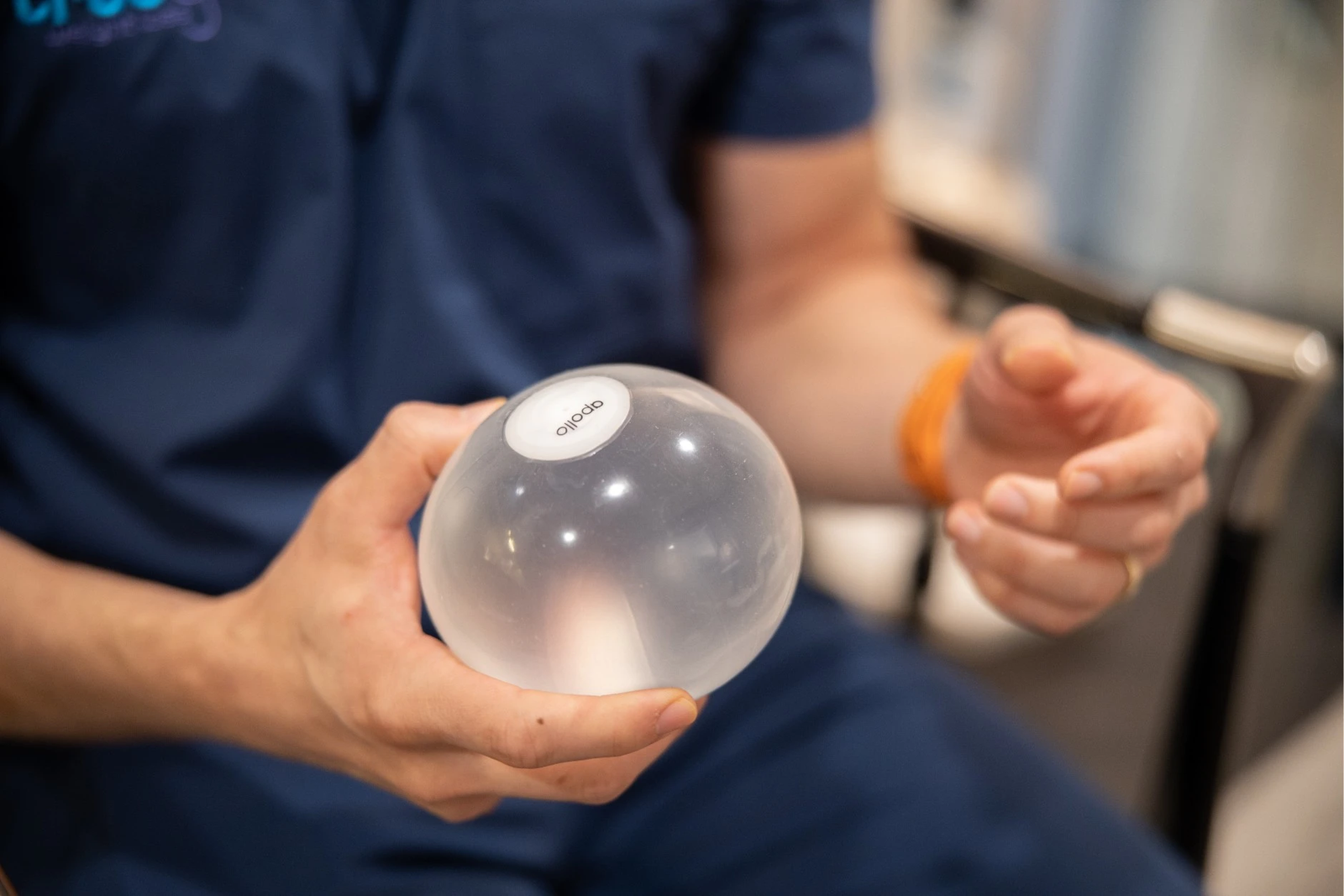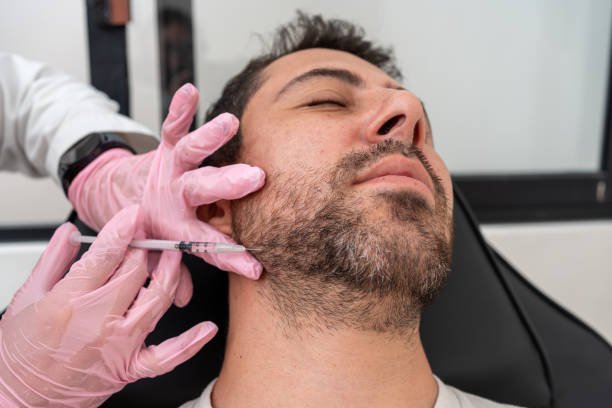Daytime sleep issues affect millions of people worldwide, causing drowsiness, decreased productivity, and impaired cognitive function. Persistent daytime sleepiness can result from various underlying conditions, including sleep apnea, narcolepsy, insomnia, and circadian rhythm disorders. Addressing daytime sleepiness requires a multifaceted approach that includes lifestyle modifications, behavioral therapies, and advanced medical interventions.
Understanding Daytime Sleep Issues
Daytime sleepiness is not merely feeling tired; it significantly impacts one’s ability to function effectively. People suffering from excessive daytime sleepiness (EDS) may struggle with concentration, memory retention, and even an increased risk of accidents. Common causes of daytime sleepiness include sleep deprivation, poor sleep hygiene, shift work disorder, and medical conditions that disrupt sleep cycles. Identifying the root cause is essential to finding the most effective treatment.
Lifestyle Changes to Combat Daytime Sleepiness
One of the first steps in managing daytime sleep issues is improving sleep hygiene. Maintaining a consistent sleep schedule helps regulate the body’s circadian rhythm. Individuals should aim for 7-9 hours of uninterrupted sleep each night. Limiting caffeine intake in the afternoon, avoiding electronic devices before bedtime, and creating a comfortable sleep environment contribute to better sleep quality.
Regular physical activity also promotes alertness during the day. Exercise releases endorphins and helps regulate energy levels. However, intense workouts close to bedtime should be avoided as they might interfere with falling asleep. Exposure to natural sunlight during the day supports circadian rhythm regulation, reducing feelings of drowsiness.
Behavioral Therapies for Daytime Sleep Issues
Cognitive Behavioral Therapy for Insomnia (CBT-I) has proven highly effective for individuals suffering from daytime sleep problems linked to insomnia. CBT-I focuses on identifying negative thought patterns and behaviors that contribute to poor sleep quality. This therapy incorporates relaxation techniques, sleep restriction, and stimulus control strategies.
Bright light therapy is another effective treatment. It involves exposure to artificial light sources that mimic natural sunlight, helping regulate sleep-wake cycles. This therapy is particularly beneficial for individuals with delayed sleep phase syndrome or those who struggle with shift work disorder.
Workplace Adjustments and Productivity Solutions
For individuals experiencing daytime sleepiness due to shift work or demanding schedules, workplace adjustments can enhance wakefulness. Employers can implement flexible work schedules, allowing employees to align their work hours with their natural sleep patterns. Short power naps of 10-20 minutes can boost alertness and improve cognitive performance without disrupting nighttime sleep.
Optimizing the work environment also plays a crucial role. Well-lit offices, ergonomic seating, and strategic break times support wakefulness. Encouraging employees to take short breaks for stretching or brief walks helps combat midday fatigue.
Modalert 200 and Its Role in Enhancing Wakefulness
For those struggling with persistent daytime sleepiness, Modalert 200 has shown effectiveness in promoting wakefulness. This medication supports cognitive function, enhances alertness, and improves productivity. Individuals using Modalert 200 often report increased focus and a significant reduction in fatigue-related impairments. As part of a comprehensive treatment plan, it provides a viable solution for those needing additional support in managing daytime sleep issues.
Advanced Medical Treatments for Daytime Sleepiness
Sleep studies and professional consultations help diagnose specific sleep disorders. Polysomnography and multiple sleep latency tests evaluate sleep quality and detect disruptions. Based on results, specialists may recommend customized treatment plans, including targeted therapies and interventions.
For individuals with obstructive sleep apnea (OSA), continuous positive airway pressure (CPAP) therapy remains a leading treatment. CPAP devices keep airways open during sleep, preventing interruptions that contribute to daytime drowsiness. Lifestyle changes such as weight management and positional therapy further enhance the effectiveness of OSA treatment.
Natural Supplements and Dietary Considerations
Certain natural supplements support better sleep regulation and alertness during the day. Melatonin, a hormone that controls sleep cycles, is commonly used to improve sleep quality. Magnesium and valerian root also contribute to relaxation and restorative sleep.
Dietary choices play a fundamental role in energy levels. Avoiding heavy meals before bedtime prevents discomfort that may disrupt sleep. Incorporating nutrient-rich foods such as leafy greens, nuts, and whole grains supports overall well-being and steady energy levels throughout the day.
Mindfulness and Relaxation Techniques
Stress and anxiety are common contributors to poor sleep quality and daytime fatigue. Practicing mindfulness meditation, deep breathing exercises, and progressive muscle relaxation techniques promote mental calmness and enhance sleep quality. Yoga and tai chi also encourage relaxation while improving physical health.
The Future of Daytime Sleep Issue Treatments
Advancements in sleep medicine continue to offer new solutions for daytime sleep problems. Researchers are exploring innovative therapies such as neurostimulation, which targets specific brain regions to improve sleep regulation. Personalized sleep coaching and digital sleep-tracking devices help individuals make informed decisions about their sleep habits.
Understanding and addressing daytime sleep issues is essential for maintaining productivity and overall well-being. By combining lifestyle adjustments, behavioral therapies, and advanced treatments, individuals can achieve optimal wakefulness and improve their quality of life.
















Leave a Reply